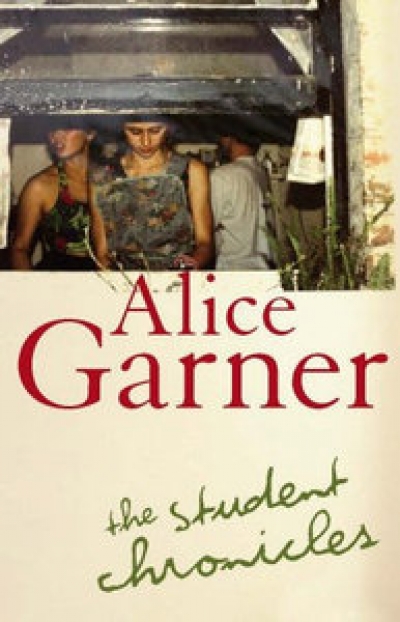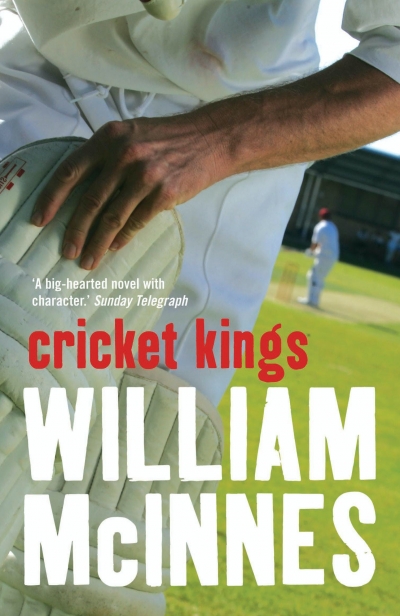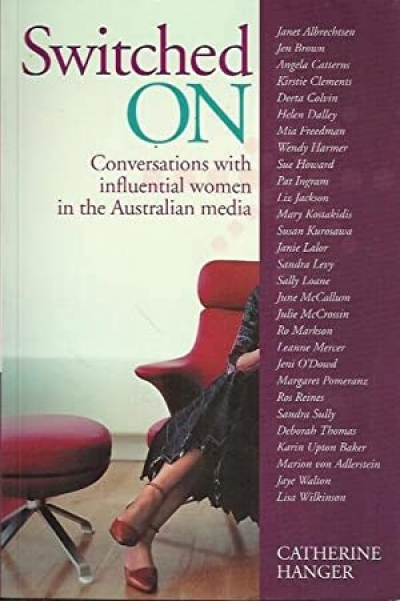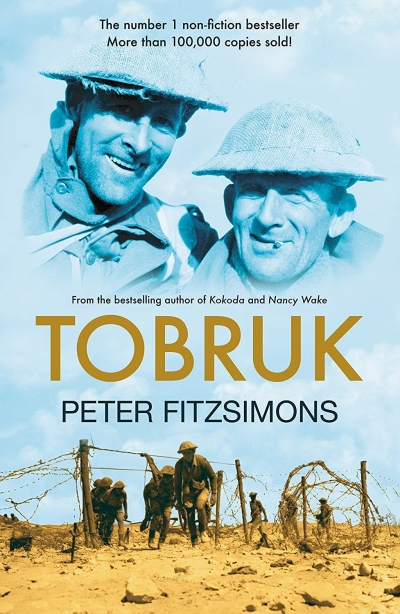Archive
Diaspora: The Australasian experience edited by Cynthia Vanden Driesen and Ralph Crane
by Rick Hosking •
Switched On: Conversations with influential women in the Australian media by Catherine Hanger
by Georgina Arnott •
Bellini, Giorgione, Titian, and the Renaissance of Venetian Painting by David Alan Brown et al.
by Luke Morgan •
Saving Australia: Curtin’s secret peace with Japan by Bob Wurth
by David Day •
Away Game: Australians in American boardrooms by uke Collins
by Marina Cornish •










